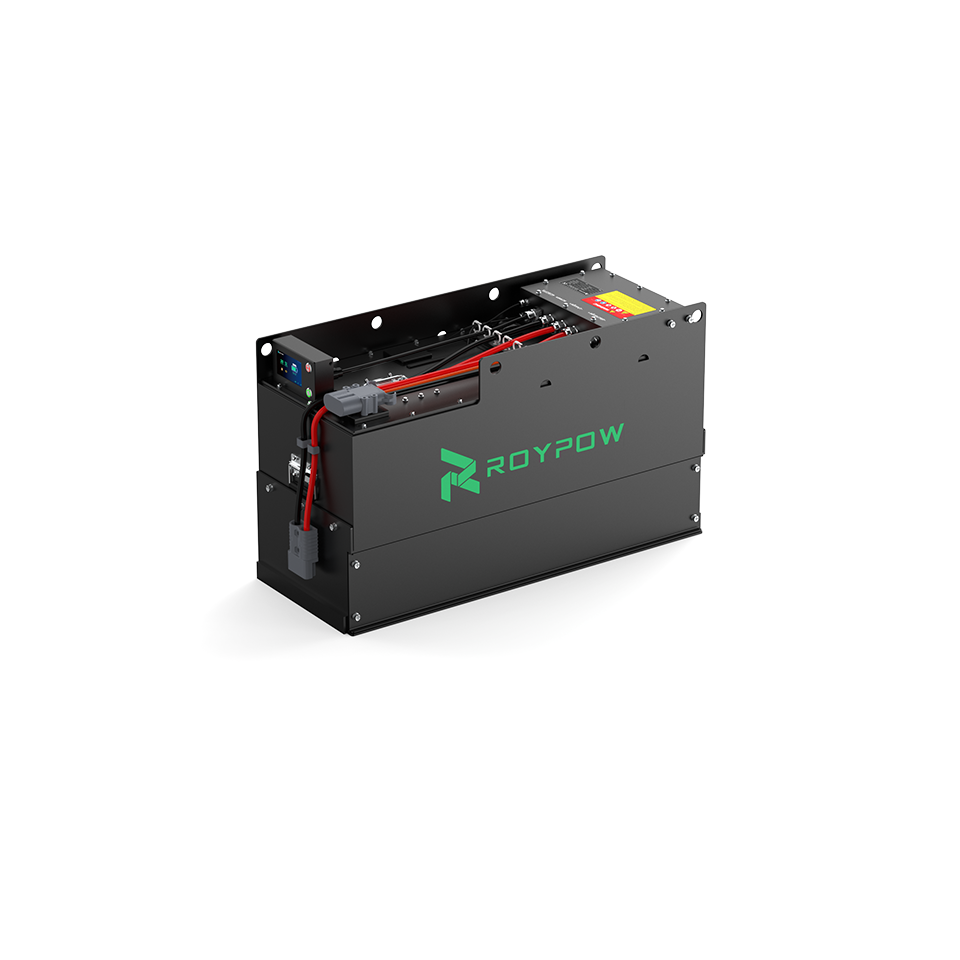-

48V 690Ah Lithium Forklift Battery
48V 690Ah Lithium Forklift Battery
F48690BD
-

48V 560Ah LiFePO4 Forklift Battery
48V 560Ah LiFePO4 Forklift Battery
F48560BS
-

48V 420Ah Lithium Forklift Battery
48V 420Ah Lithium Forklift Battery
F48420CA
-

48V 280Ah Lithium Forklift Battery
48V 280Ah Lithium Forklift Battery
F48280AD
-

48V 460Ah Lithium Forklift Battery
48V 460Ah Lithium Forklift Battery
F48460CZ
-

48V 400Ah Lithium Forklift Battery
48V 400Ah Lithium Forklift Battery
F48400C
-

48V 460Ah Lithium Forklift Battery
48V 460Ah Lithium Forklift Battery
F48460BM
-

48V 460Ah Lithium Forklift Battery
48V 460Ah Lithium Forklift Battery
F48460CD
-

48V 210Ah Lithium Forklift Battery
48V 210Ah Lithium Forklift Battery
F48210
-

48V 560Ah Lithium Forklift Battery
48V 560Ah Lithium Forklift Battery
F48560DJ
-

48V 560Ah Lithium Forklift Battery
48V 560Ah Lithium Forklift Battery
F48560CN
-

48V 560Ah Lithium Forklift Battery
48V 560Ah Lithium Forklift Battery
F48560BX
-
1. How long does a 48-volt forklift battery last? Key factors affect lifespan
+ROYPOW 48V lithium forklift batteries last up to 10 years with more than 3,500 charge cycles under proper conditions.
However, battery lifespan can vary depending on usage, charging, and maintenance practices.
- To prevent premature aging or damage, avoid the following:
- Frequently running the battery to deep discharge or applying excessive load.
- Using an incompatible charger, overcharging, or fully draining the battery.
- Operating or storing the battery in extremely hot or cold environments.
Following proper usage guidelines will help ensure long-term reliability and maximize battery investment.
-
2. 48V lithium forklift battery maintenance: essential tips for extending battery life
+To maintain peak performance and extend the service life of your 48V forklift battery, follow these essential maintenance guidelines:
Charge correctly: Always use a compatible charger designed for 48V lithium batteries. Never overcharging or leaving the battery connected unnecessarily to avoid shortening its lifespan.
Keep terminals clean: Regularly inspect and clean the battery terminals to prevent corrosion, which may cause poor electrical connections and lower efficiency.
Store properly: If the forklift will be unused for a long time, store the battery in a cool, dry environment to avoid self-discharge and damage.
Control temperature: High heat accelerates battery degradation, so avoid exposing the battery to extreme temperatures. Do not charge in overly hot or cold conditions.
Following these practices, you will help ensure long-term reliability, prolong lifespan, and minimize unplanned downtime in your daily operations.
-
3. Choosing the right 48V forklift battery: lithium or lead-acid?
+Lead-acid and lithium-ion are the two most common chemistries in 48-volt forklift batteries. Each option has advantages and trade-offs, depending on your operational needs.
Lead-acid
Pro:
- Lower upfront cost, making it attractive for budget-conscious operations.
- Proven technology with wide availability and standardized form factors.
Con:
- Requires regular maintenance such as watering and equalization.
- Shorter lifespan (typically 3–5 years).
- Slower charging time, which can lead to increased downtime.
- Performance may decline in high-demand or multi-shift environments.
Lithium-ion
Pro:
- Longer lifespan (typically 7–10 years), reducing replacement frequency.
- Fast charging, ideal for opportunity charging.
- No maintenance, saving labor and service costs.
- Consistent power delivery and high efficiency in demanding applications.
Con:
- Higher upfront cost compared to lead-acid batteries.
Lithium ion is superior if you prioritize long-term savings, efficiency, and low maintenance. Lead-acid may still offer a viable solution for operations with lighter use and tighter budgets.
-
4. How do you know when to replace a 48-volt forklift battery?
+It is time to replace your 48V lithium forklift battery if you notice any of the following signs:
Decreased performance, such as shorter runtimes, slow charging, or frequent recharging after minimal use.
Visible damage, including cracks, leaks, or swelling.
Failure to hold a charge, even after a full charging cycle.
Battery age, if the battery has been used for over 5 years (lead-acid) or 7–10 years (lithium-ion). This may indicate that it is nearing the end of its life.
Regular maintenance and performance monitoring can help you catch these signs early and avoid unexpected downtime.









